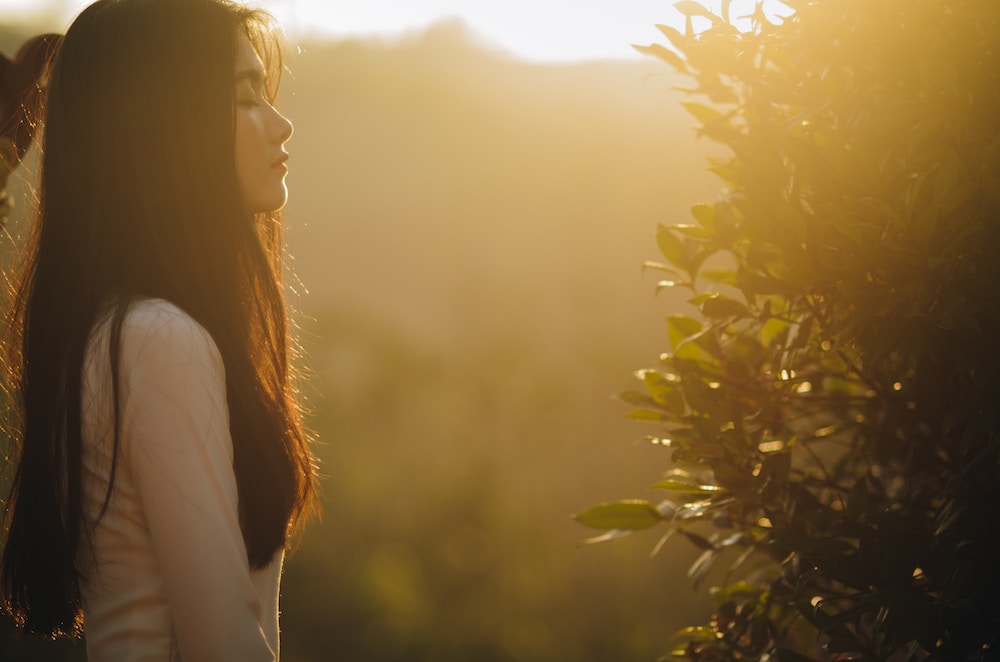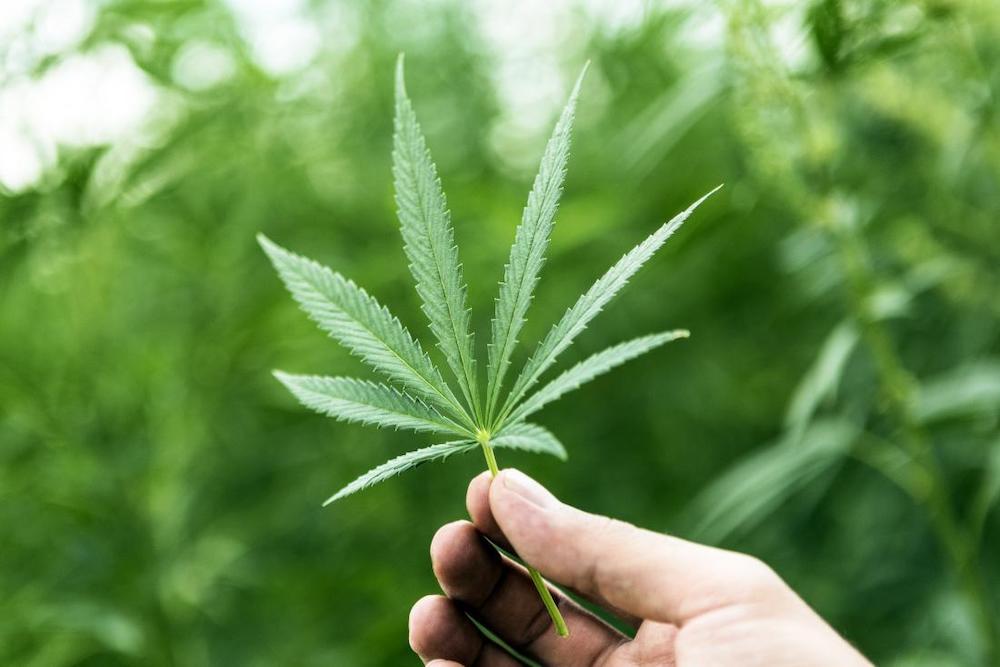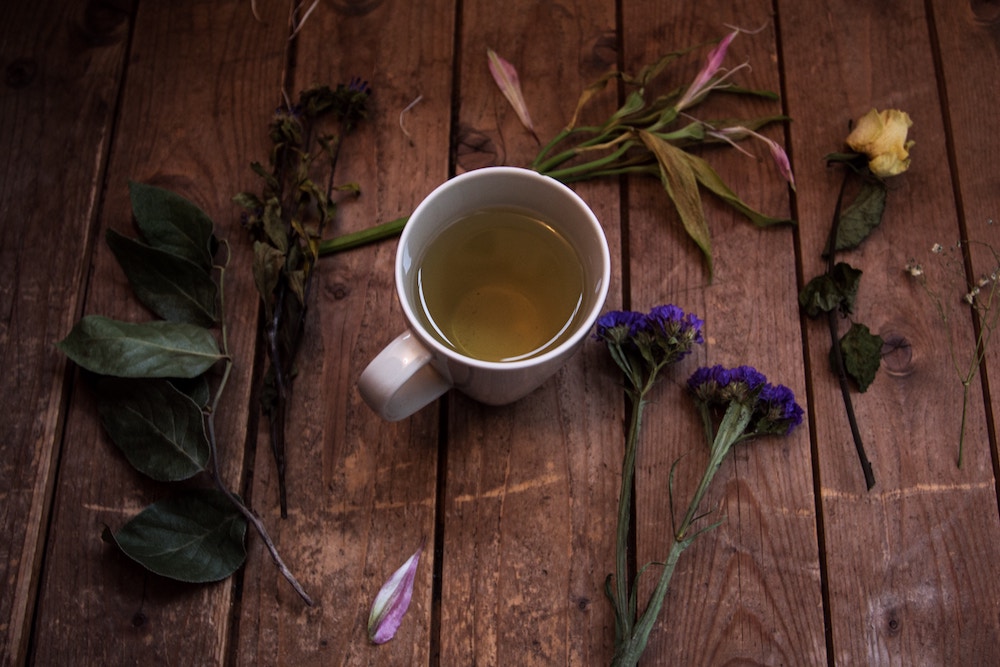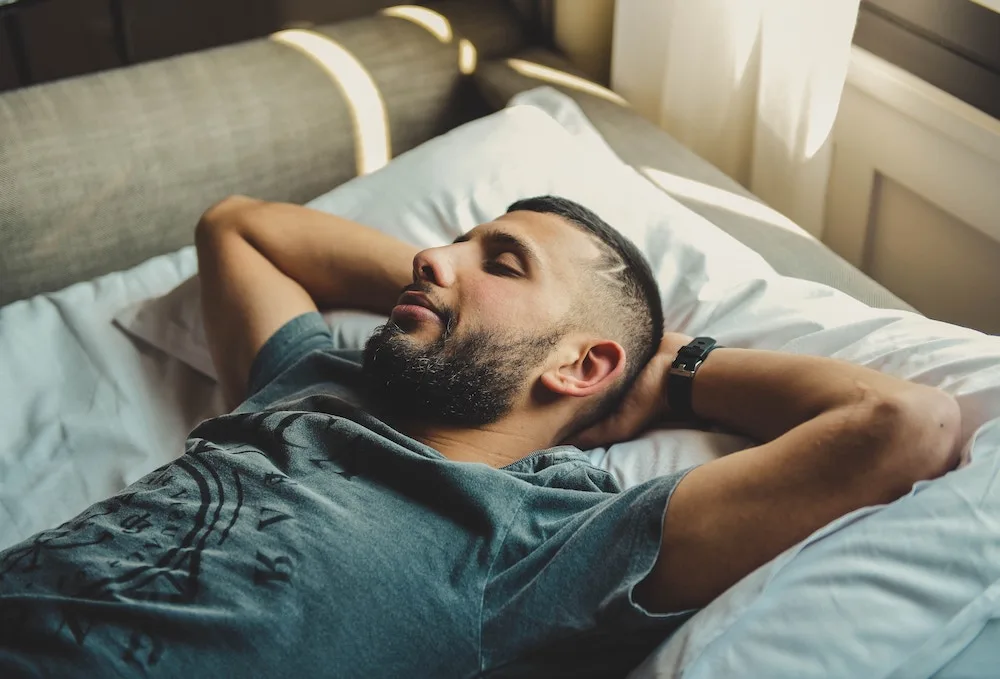Insomnia is something that many people have experienced at some point in our lives. While the time of occurrence and causes may have been different, it is something that takes a toll on us physically and mentally. One leading cause of insomnia is stress, which is typically a result of us living our busy lives.
Apart from that, things such as one’s diet and lifestyle choices can also contribute to bouts of insomnia. While in layman terms we characterize insomnia under one umbrella, there are different types and each type occurs due to different reasons.
While most of us suffer from acute, comorbid, onset and maintenance insomnia, only a small percentage of people suffer from chronic insomnia. The types will be explained briefly along with the remedies later on in the article.
Mentioned below are seven natural insomnia aids that will surely help you get a good night’s sleep.
Natural Ways to Treat Insomnia and Get Sleep
#1 Melatonin Production
The hypothalamus is responsible for the regulation of your body clock and depending on your environment; it releases hormones and chemicals which are attributed to higher or lower energy levels. One of these hormones is melatonin.
One way to make sure that you get a good night’s sleep is to make sure you have daily exposure to natural sunlight. Most of us prefer to stay at home, and with the rise of the gig economy, we tend to spend our days in our rooms working away from the world. Such a lifestyle can also contribute to insomnia.
Make sure you go out in the sun, go for a walk or a run so your body can register the time of the day and then release melatonin when it’s time to rest. Bananas are another natural way to aid the release of melatonin and therefore, help in regulating sleep.
If you are stuck inside, you may want to consider taking a supplement such as Refresh by Human Elements. This all-natural, vegan and organic sleep aid is packed with benefits that won’t leave you groggy the next morning.

#2 Evaluate Food Choice
What you put inside your body can significantly affect your sleep patterns.
Wrong food choices can often lead to acute and maintenance insomnia. Acute insomnia means having problems sleeping for brief periods, and maintenance insomnia means to have difficulty staying asleep throughout the night. You should try to incorporate foods like almonds, cheese, salmon and other rich omega-3 foods into your dinner as they can be a cure for restlessness and encourage relaxation.
Bananas and cherries are also responsible for melatonin production and should, therefore, become an essential part of your dinner. Things you should avoid eating during dinner include caffeine, spices and fatty foods. Such food items can lead to maintenance insomnia.
#3 Cannabis
While cannabis has faced controversy over the past few years, it has become well-known due to its medicinal properties. In order to clear the misconceptions, here is a brief yet comprehensive explanation. Cannabis consists of many cannabinoids, two of which are CBD and THC. One is responsible for making you alert while the latter has somewhat of sedating and relaxing properties.
It is a form of organic sleep sups and it is effective in allowing you to have a good sleep at night.
Depending on which strain you go for, you can have an alert day or a relaxing night. If you find it hard to get your hands on a strain that you would prefer or need more information on the topic, visit Shade Co for THC and CBD reviews and information.
Related: Populum CBD Starter Kit Review + $10 Coupon Code!

#4 Regulate Body Temperature
While this may seem vague, lowering your body temperature can lead to a better night’s sleep. A 60-72 degree body temperature is ideal and can contribute to you sleeping better.
The best way to lower down your body temperature is to take a shower before you go to sleep. Apart from that, make sure your bedding isn’t made of materials that can absorb and trap heat. Breathable cotton sheets are great year-round and easy to care for.
#5 Aromatherapy
Another natural way to fight against insomnia is to tap into your sense of smell.
Try to use a candle or have indoor plants that can help you feel more relaxed and purify air in enclosed spaces. Vetiver and Myrrh are some examples of plants that can help you sleep better. Our air consists of dust, germs and the smell of fatty and oily food that can cause us to have trouble sleeping.
You can also use a diffuser and essential oils to release relaxing scents into the air. Lavender, rose and geranium are some scents that can help you relax and sleep better.
#6 Herbal Teas
Herbal teas are another way to get rid of insomnia. If you don’t want to go for sleeping pills, and if you’re looking for an alternative, then this is undoubtedly going to help. Chamomile tea is known to be an all-natural sedative for those who have anxiety and can’t manage to keep their nerves calm. If your insomnia rises from another reason such as depression, then your insomnia is characterized as comorbid insomnia.
If the root cause of your insomnia is depression, then St. John’s wort can help reduce your symptoms of depression and result in you having a good night’s sleep. If you want a quick fix and can’t manage to find one, don’t worry we’ve got you covered. Valerian roots are known as a relaxant and can help you go off to sleep within 10-15 minutes. However, you should consult an expert before you start experimenting with new things.

#7 Avoid Interacting with Technology Prior to Bed
Another way to make sure that you don’t fall victim to onset insomnia, which means you have trouble falling asleep is to make sure you give yourself some time. The technology that we often fall asleep using, can prove to be an energizer for our eyes.
The bright light sends a mixed message to the brain and makes it think that it’s still daytime. This interferes with melatonin production and results in you feeling lethargic during the day. Once this habit develops, it becomes hard to reverse, but it is something you should do for your physical and mental health.
Try to shut down your phone at least an hour before you go to sleep or just keep it far from your bed, so you’re not tempted to go and get it. If you need some encouragement to get off your phone, there’s an app for that.
Here are some apps we recommend that will limit your phone time: Offtime | Breakfree
#8 Practice Yoga Before Bed
A 15-minute yoga session can make a difference in your bedtime routine. Yoga does not have to be intense prior to bed and it can even be a practice of meditation too.
Sit in your bed on top of a pillow in a comfortable position. Start to move your head side to side to feel some neck stretches. Reach your arms towards the sky and interlace your fingers. Begin to move your spine side to side and feel your oblique muscles and spine stretch. Release your fingers and twist your body to the right then left for a few spinal stretches.
You can also listen to a Yoga Nidra or meditation track on Youtube while you lie in bed. You may doze off as you follow the tracks. Try to repeat this daily and consistently at the same time every evening.
Final Thoughts
If you follow the above-mentioned steps, you will see a significant difference in your sleep patterns. A good night’s sleep is an absolute necessity; without it, one stops to function properly. Try to evaluate your condition to see what is causing it. Then consult the doctor to get a professional opinion and then start following whichever way suits you best.
I received Refresh by Human Elements to treat my insomnia. As always, my thoughts and opinions are 100% honest and my own.
Thank you for visiting today! If you found this encouraging or informative, please connect with us on Instagram or TikTok. Sign up for our monthly newsletter for updates and more. We promise we won't spam you! Feel free to unsubscribe anytime. If you're a brand and want to work with us, please visit this page to get in touch.


